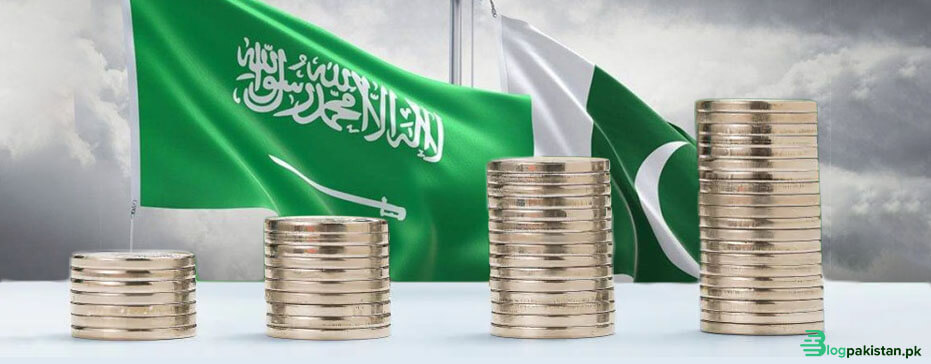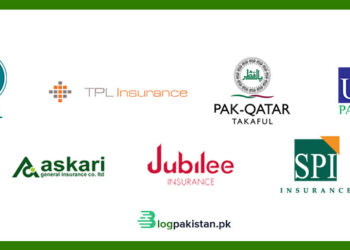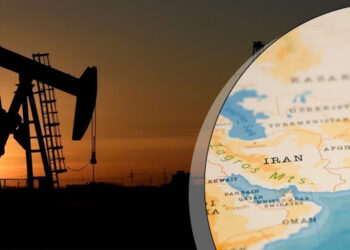In a significant development for Pakistan’s agriculture sector, the caretaker Prime Minister Anwaar-ul-Haq Kakar, announced that the country is poised to receive approximately $50 billion in investments over the next five years.
These investments are expected primarily from Gulf states, specifically Saudi Arabia and the United Arab Emirates (UAE).
Responding to inquiries about a recent meeting between Pakistan’s Army Chief, General Asim Munir, and business community representatives in Karachi, where reports suggested that Saudi Arabia and the UAE would each invest $25 billion in Pakistan, the caretaker Prime Minister confirmed these reports.
He clarified that this substantial investment would be primarily directed towards sectors such as minerals and mining, agriculture, defense, and IT over the next two to five years.
This investment influx is facilitated by the establishment of the Special Investment Facilitation Council (SIFC), aimed at expediting investments from Gulf Cooperation Council (GCC) countries, notably Saudi Arabia.
General Asim Munir, Pakistan’s Chief of Army Staff, is also a part of this council, underscoring the importance of this investment in Pakistan’s development.
This move aligns with Pakistan’s new strategy for economic revival, aiming to boost foreign direct investment under the guidance of the SIFC, established in June, which comprises Pakistan’s civilian and military leadership.
A Minning Industry Worth $6 Trillion
Moreover, Pakistan’s untapped mineral deposits are estimated to be worth approximately $6 trillion. Efforts to harness these resources include the initiation of work on the Reko Diq gold and copper mines in southwestern Balochistan province, scheduled to commence in December.
A recent visit by a Saudi delegation expressed interest in mining sector investment opportunities, especially the Reko Diq deposits.
Improving Irrigation
In a parallel development, Pakistan established a Land Information and Management System Center of Excellence (LIMS-CoE) with Saudi Arabia’s initial investment of $500 million to enhance modern farming on over 9 million hectares of uncultivated state land, improving the country’s irrigation system.
Collaborative projects with Saudi Arabia, the UAE, Qatar, Bahrain, and China in the agriculture sector aim to boost Pakistan’s exports.
The agriculture sector in Pakistan contributes 23 percent to the country’s GDP and employs 37.4 percent of the labor force.
However, productivity remains below par due to various challenges, including a shrinking cultivation area, a population-production gap, and substantial agricultural imports amounting to $10 billion.
Green Pakistan Initiative
The Green Pakistan initiative aims to address these issues by attracting investments from Gulf states, potentially between $40 billion to $50 billion over the next four to five years. These investments are expected to introduce modern technology, enhance productivity, and create around four million jobs in Pakistan.
This initiative positions Pakistan as a potential ‘green basket’ for Gulf states, catering to their food-related needs and reducing imports. It also plays a crucial role in enhancing food security, increasing exports, and decreasing agricultural imports.
A Ray of Hope for Pakistan’s Rising Crises
Notably, Pakistan faces a significant wheat production shortfall of 4 million metric tons against a demand of 30.8 million metric tons. Additionally, cotton production has decreased by 40 percent over the last decade to around 5 million bales.
While these investments offer opportunities for economic growth, Pakistan is simultaneously dealing with a critical balance of payments crisis, necessitating billions of dollars in foreign exchange to manage international debts and address trade deficits.
The country has initiated economic reforms aligned with IMF requirements, resulting in rising energy prices and inflation, leading to nationwide protests and economic challenges.
Amid these challenges, foreign investments stand as a ray of hope for a better tomorrow for Pakistan.















